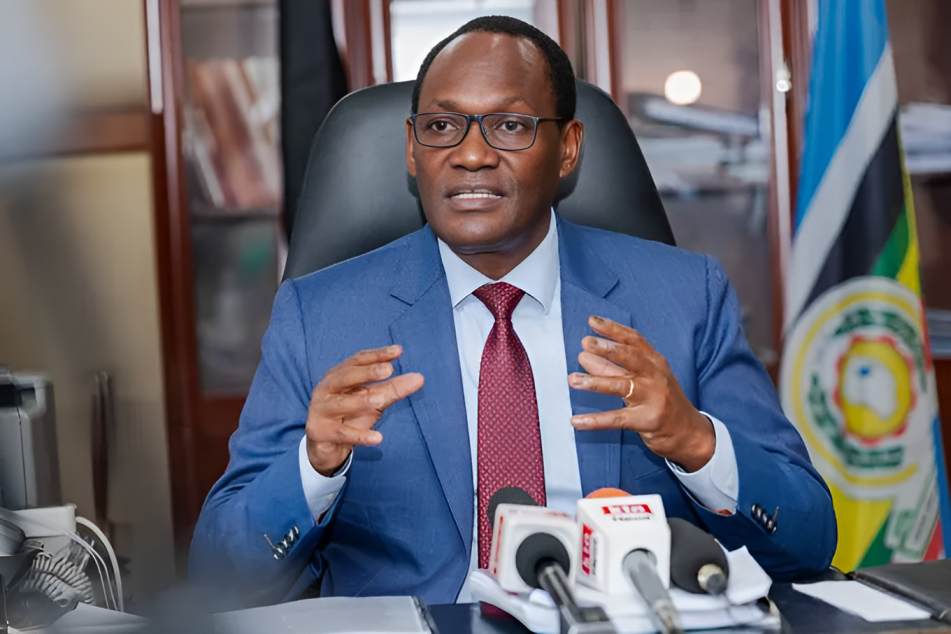The government has defended its management of the e-Citizen platform after a special audit raised questions over payments to companies outside the original consortium.
Treasury PS Chris Kiptoo told the National Assembly that the system, operational since 2017, has helped the government boost revenue collections from Sh20 billion in 2022-23 to Sh163 billion in 2024-25.
The controversy centres on payments linked to a contract between the ICT Authority and the consortium of Webmasters Kenya Limited, PesaFlow Limited, and Olive Tree Media Limited. Auditor General Nancy Gathungu’s report suggested these payments could expose the government to legal and accountability risks.
Kiptoo clarified that the payments were lawful, stemming from contractual amendments rather than irregular expenditure. He explained that after the International Finance Corporation transferred the system to the National Treasury, the government stopped vendor access to the convenience fee, prompting a five-year court battle from 1997 to 2002. To resolve the dispute, the Treasury settled out of court, with the ICT Authority paying about Sh850 million and halting further portal transactions.
Since July 2024, the Immigration department has overseen the system and completed all contract payments, totaling Sh1.1 billion. Addressing concerns about government control, the PS said claims that the state lacked oversight were false. “The handover entails a complete and unconditional surrender of all source code…all applications and modules supporting the services to the control of the ICT Authority,” he said. He added that source codes are stored securely in government-managed data centres, citing the National Transport and Safety Authority as an example.
Kiptoo noted, however, that the government does not own the payment gateway infrastructure. Instead, the contract covers the use of the gateway as a service, similar to commercial platforms such as PesaPal or Visa. “The companies transacting using these payment channels don’t own them but pay a fee for the use of the same,” he explained.
The audit also flagged unlisted bank accounts that received millions in e-Citizen funds over four fiscal years. Treasury clarified that these were agency accounts jointly operated by PesaFlow and Equity Bank specifically for government revenue collection.

